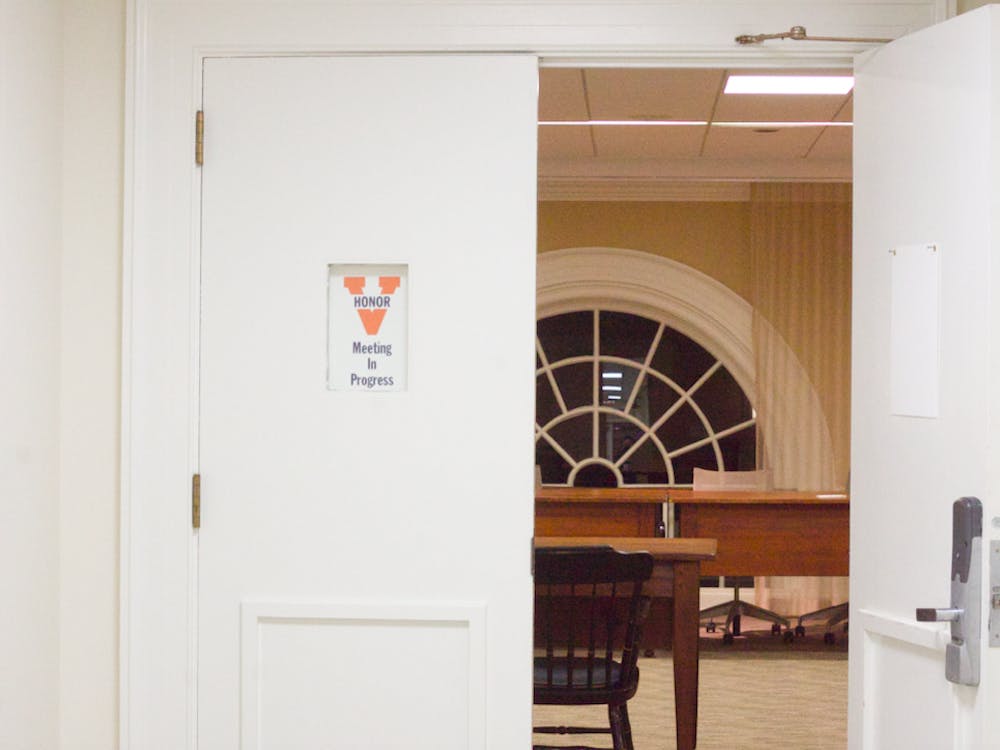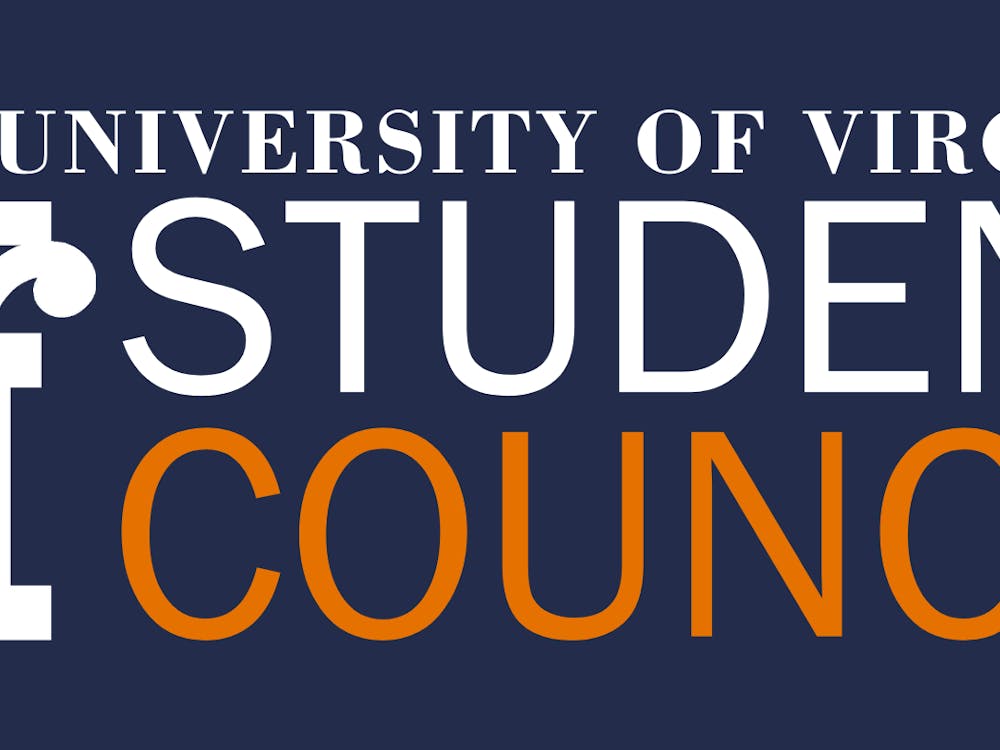“General welfare” wears many different hats in the sphere of American politics. Some use the term to justify reform in inner cities, while others use it to promote increases in funding toward the military budget. Some even use the term to profess their right to parade around the flag of a certain historical “confederation,” whose political foundation rested on one of the cruelest violations of human rights in world history. Yet, while these initiatives are all important in their own respect, there is one concept in American governmental policy that is almost universally perceived as a means of promoting the general welfare: public health.
An individual’s health is, above all, an encompassing indicator of his welfare as an American citizen. Medical practitioners pledge to ethically use scientifically-justified methods to preserve the life or supplement the well-being of another individual. So, in a sense, doctors are contractually obligated to use their expertise to preserve the foundational, Jeffersonian idea of an American’s “right to life.” Stemming from this fact, the implementation of medical practice has weaved itself into the conversation of constitutionally-mandated American rights, as the use of medical treatment — or the lack thereof — has a direct impact on both the abstract and concrete idea of a human being’s “life.”
Herein lies the problem: research has proven American citizens are not treated equally by medical practitioners. The body of research on this issue is immense and covers the disparities in health treatment across a variety of different demographics, including ethnic groups that are sometimes overlooked by civil rights activists. For example, in a study that analyzed school-based mental health treatment of Asian-American children, it was revealed that in school districts with high Latino and Asian-American populations, Latinos were 3.79 times more likely to be referred for school-based mental health treatment than their Asian-American counterparts with the same mental health issues. In other words, for every Latino child who receives treatment for mental health problems from their school, there are four Asian-American children with the same illness who are being ignored by their school’s administrators and mental health professionals.
This instance of discrimination reveals an unsettling fact about American medicinal practices: certain ethnic groups are often given preferential treatment in medical situations where patients should — without a doubt — be evaluated objectively.
Preferential treatment, however, does not tell the whole story about disparities in health treatment. A study on heart disease revealed African-Americans are significantly underrepresented in clinical research on the illness, which may contribute to the fact that African-Americans face far higher mortality rates for heart disease than any other ethnicity in the nation. Similarly, an evaluation of 98 clinical trials on obsessive-compulsive disorder found that only 24 percent of the studies even included a Latino participant, meaning evidence-based treatments of the disorder are heavily weighted in favor of the needs of Caucasian patients.
Failing to include ethnic minorities in clinical research is a grossly unethical practice. The intricacies of the human body are vast, but science has proven certain racial and ethnic groups do not respond the same way to medical treatment proven effective for Caucasians. This notion is clearly expressed in the heart disease study, which revealed that African-Americans do not respond nearly as well to beta-blockers for heart disease treatment as do Caucasians.
Entire demographics of people are being ignored, yet medical practitioners are generalizing forms of medical treatment designed to encompass that group’s particular needs. This practice is setting a dangerous precedent for the practice of medicine, for how can the general public trust clinical research if it does not adequately represent the demographics of the American population?
The litany of health care injustices continues. African-Americans and Native Americans receive, on average, worse care than Caucasians for 40 percent of their medical treatments, and they have worse access to care than Caucasians for one third of core measures. Latinos experience worse care for 60 percent of their medical treatments, and their access to care is worse for five out of six core measures.
Furthermore, fewer than 20 percent of health care disparities for African-Americans and Latinos have showed any evidence of narrowing in recent years. The federal government seems to be bent on providing equal access to healthcare for all Americans, though our nation’s legislators are ignoring a fact that has been proven over and over by scholarly research: when a Caucasian person and an ethnic minority walk into the same doctor’s office, there is a significant chance the Caucasian person will receive better, more accurate treatment.
The American health care system — which gives precedence to “privilege” — may favor those who have worked hard for their money, but it simultaneously borders a form of racism that is truly institutional, where minorities are so underappreciated by medicine, by the law, that their collective “right to life” has become worth substantially less than that of the racial majority. And, though the American notion of a “right to life” can certainly be idealistic at times, it has a concrete and deeply impactful meaning when it comes to treatment under the eyes of medical practitioners, as they deal specifically with the physical, mental and emotional welfare of individuals.
If a health care system that favors a particular race does not inhibit the “general welfare,” then we need to change the definition of that term. Every American citizen entrusts the federal government with the task of ensuring his civil liberties; maybe it is time for our legislators to uphold their promises, to provide Americans with an equal opportunity to live.
Ryan Gorman is an Opinion columnist for The Cavalier Daily. He can be reached at r.gorman@cavalierdaily.com.





